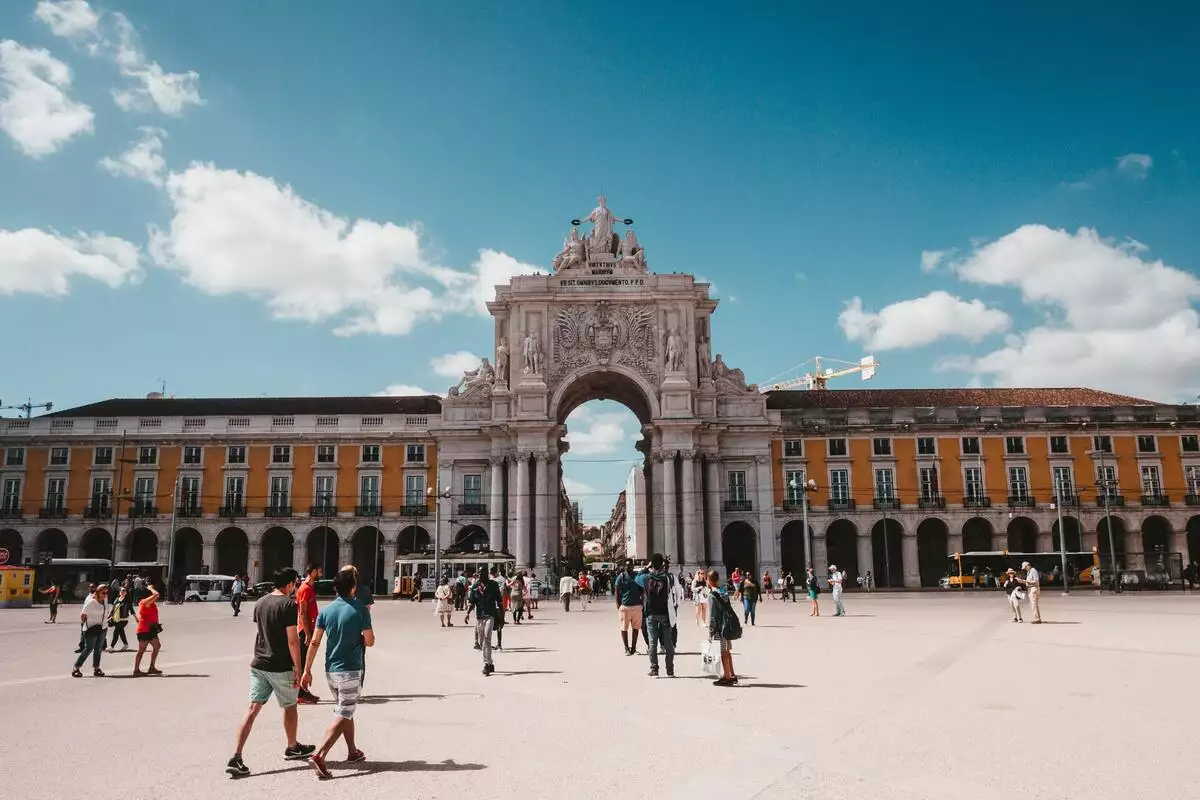Studying the level of education in Portugal
 Overview of the Portuguese education system
Overview of the Portuguese education system

1. Structure/components:
The Portuguese education system consists of three levels - primary, secondary and higher education, each divided into several stages or cycles. Primary education lasts 4 years; secondary lasts 3; tertiary lasts 3-4 years depending on the degree being studied; postgraduate studies can last up to 5 years or even longer depending on research requirements; preschools are also available but are not compulsory in Portugal (except in some autonomous regions).
2. Levels of education:
1) Primary education: primary education begins at age 6 and lasts until grade 10, when students take final exams known as "exames nacionais" or national exams that determine their transition to secondary school.
2) Secondary education: secondary school comes in two types - general education (ensino geral), which includes scientific subjects such as mathematics, physics, chemistry, etc., or vocational training (ensino profissional), which focuses more on practical skills such as mechanics, carpentry, etc.; both lead to higher education qualifications at the end of three years at the age of 15/16.
3) Higher education: Portugal currently has more than 30 public universities offering undergraduate degrees in various specialties such as medicine, law, engineering, etc., as well as several private institutions offering similar courses at different levels, from entry-level degrees and up, in fields such as business management or hospitality and tourism. Students can also pursue postgraduate studies, such as a Master's degree, if they wish to specialize further before entering the job market.
Challenges of the Portuguese education system
Despite the wide range of educational opportunities available within the country, it seems that there are still certain problems affecting teaching standards at all levels in schools in Portugal.
9 October 2024
29 January 2025
29 September 2025
9 October 2024
Solutions to improve the Portuguese education system
In order to address the existing problems associated with the current education system in Portugal, the government needs to implement numerous reforms aimed at improving the overall quality of teaching in all educational institutions, from primary to tertiary. This could include investing more in teacher training so that teachers have the necessary skills to deliver quality teaching/curriculum development; ensuring equitable distribution of funding between public and private schools; introducing modern technological equipment in classrooms, such as interactive whiteboards, etc.; encouraging employers to recognize foreign qualifications so that students have access to better employment opportunities abroad if they are not able to access the best opportunities in the country.
Conclusion
The level of education in Portugal suffers from various problems causing poor quality teaching in some areas, while others may not receive the funds / resources needed to improve the overall situation. In order to correct these problems, the government needs to implement reforms to improve the quality of teaching in all educational institutions, while encouraging employers to recognize foreign qualifications, allowing students more opportunities for employment after graduation, both at home and abroad.
Comment
Popular Posts
9 October 2024
9980
29 January 2025
1588
29 September 2025
461
9 October 2024
1505
Popular Offers

Subscribe to the newsletter from Hatamatata.com!
Subscribe to the newsletter from Hatamatata.com!
I agree to the processing of personal data and confidentiality rules of Hatamatata















